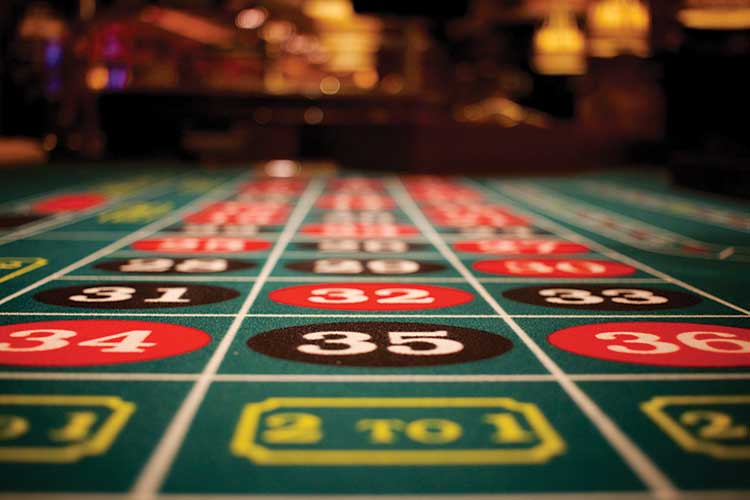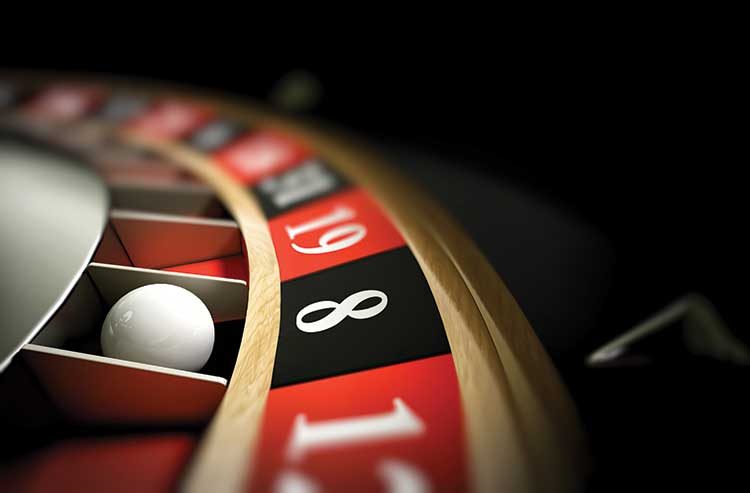Casinos around the world should consider changing the processes used to train and utilize dealers if they are to avoid boredom and frustration among their most important frontline staff.
Today we are going to talk about the past, present and potential future of one of the most iconic types of employee in land-based casinos – the casino dealer.
If we consider the opening of the world’s first casino, Casino di Venezia, in 1638, casino dealers have been plying their trade for almost four centuries and for the most part the job they did back then is not much different from the one they do now.
In many ways it’s a romantic thought given just how fast the world outside casino walls has changed in that time, including the advent of video games, the internet and growing popularity of digital gaming.
But it also results in one big problem – walk through any gaming floor around the world and you’ll find an array of dealers bored to death. After years spent performing the same repetitive tasks, their learning curve has fallen flat, leaving them frustrated and lacking motivation.

The situation is understandable. Although dealers perform arguably the most important roles of anyone on the gaming floor, the nature of the job means there isn’t any real option to change it up. Potential for promotion – particularly at smaller venues – is somewhat limited, the games never change and the players, well, they behave the same no matter which casino they’re in.
In other words, it’s not the casino that is the problem but the job itself – routine, repetitive, lacking novelty.
Ironically, while many dealers may reach a state of absolute boredom, a relatively small number make the decision to resign and look for opportunities in other fields. They prefer to stay in the job because it provides a level of comfort (the salary, the air conditioning) and predictability.
It should also be noted that the theory surrounding common workplace practice in which dealers and croupiers spend 60 minutes on the floor then take a 20-minute break is a myth. There is not one solid scientific study supporting the convenience of that system from a business point of view, yet around the world it continues to reign supreme among table games staff. In fact, the more free time dealers get, the more demotivated they become!
I see two basic options for the role of dealers in the future: either casinos make a profound change to their operational systems or commit to substantial investment in the continuous training and development of their table game staff.
The idea of the latter is to equip these dealers with a much wider set of workplace skills that enable them to work across different areas of the casino, making them more employable and likely extending their life cycle within the company.
Instead of being casino dealers, they would become “holistic customer service professionals.”
 The other option is to adopt an “Up or Out” system. In this model, a dealer position is not offered as a job in which the employee will remain through to retirement and a pension check. Instead, they work for a few years then, depending on their capabilities and drive, may be considered “management material” or, if not, are invited to leave. In this way casinos are able to offer fresh staff to their customers and strike the right balance between capability and motivation.
The other option is to adopt an “Up or Out” system. In this model, a dealer position is not offered as a job in which the employee will remain through to retirement and a pension check. Instead, they work for a few years then, depending on their capabilities and drive, may be considered “management material” or, if not, are invited to leave. In this way casinos are able to offer fresh staff to their customers and strike the right balance between capability and motivation.
At the end of the day, we all should know that the most important skills a casino dealer possesses are not the “technical” ones – speed, panache, quick and accurate calculations – but the capacity to engage the players and make them come back again and again. For that you need radiant and inspired dealers, as simplistic as it may sound.


































